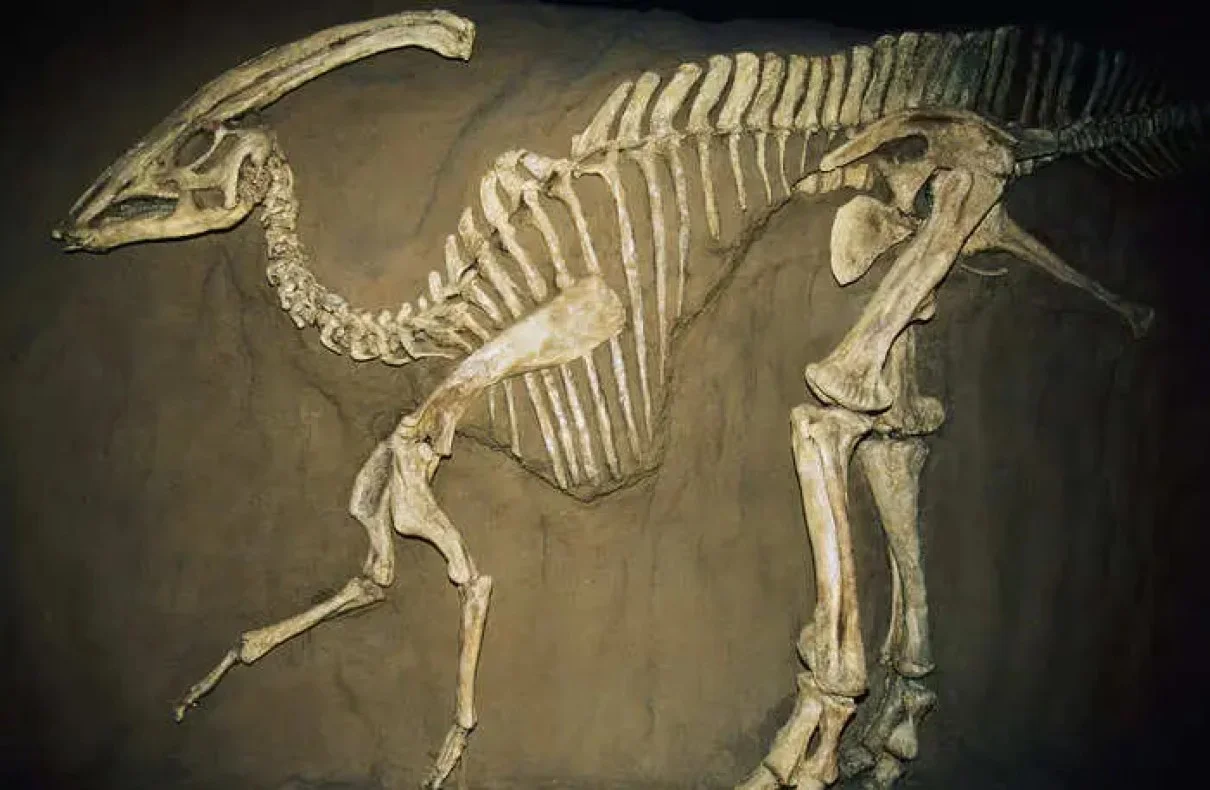
A man in France made an astonishing discovery while out walking his dog — a nearly complete dinosaur skeleton that is approximately 70 million years old.
One day, while strolling with his dog, Damien Boschetto, 25, stumbled upon an unusual sight. He had found a fossilized titanosaur, a plant-eating dinosaur known for their long necks and immense size. The news of this extraordinary find was reported by Newsweek.
Titanosaurs are a subgroup of sauropods, which were massive herbivores that lived about 150 to 66 million years ago. They are some of the largest known dinosaurs and roamed every continent on Earth. The fossil discovered by Boschetto is nearly 70% complete, which is incredibly rare.
Despite the significance of his discovery, Boschetto chose to keep it a secret for two years. His primary concern was that vandals would potentially damage the site.
Understanding and Addressing Suicide: A Vital Role for Medical Professionals
The impact of this discovery is immeasurable. To find a near-complete dinosaur fossil is rare, but to find a titanosaur in such an excellent state of preservation is virtually unheard of. This discovery could provide valuable insights into the ecosystems of the late Cretaceous period in France and Europe.
When Boschetto first spotted the fossil, he reported it to the cultural, archaeological, and paleontological association in the nearby town of Cruzy. Over the course of several days, they excavated the site and realized the bones were connected.
After the studies are completed, the titanosaur fossil will be displayed at the Cruzy Museum, where another titanosaur femur was uncovered in 2012.
Boschetto, a self-proclaimed paleontology enthusiast, has been volunteering at the museum for two years. His passion for paleontology led him to quit his job in the energy sector in 2020 and enroll in a master’s program in paleontology.
Woman Thief of Memory Card Leads to Explosive Alaska Murder Trial
Finding an intact fossilized dinosaur skeleton is extremely rare. A study suggests that there were 1.7 billion Tyrannosaurus rexes, which lived 66 to 68 million years ago, but fossilized remains of fewer than 100 of them have been discovered.
The discovery of the titanosaur fossil is significant because it contributes to our understanding of the species and ecosystems of the late Cretaceous period in France and Europe.
Boschetto’s discovery is a testament to the wonders that still lie hidden beneath our feet. His passion for paleontology led him to uncover a piece of history that could provide invaluable insights into the world as it was 70 million years ago. This discovery is a reminder that there is still so much to learn about our planet’s history and the creatures that once roamed it.
“These discoveries are interesting from a scientific point of view because they contribute to the understanding of the species and ecosystems of the late Cretaceous of France and Europe.” – Francis Fages, the director of the Cruzy museum.
